Remap/ Performance Tuning
Remap/ Performance Tuning
Vehicle tuning refers to modifying a vehicle to improve its performance, aesthetics, or functionality beyond factory specifications. There are different categories and goals for tuning, depending on the owner’s preferences and intended use. We offer comprehensive automotive performance enhancement services that unlock your vehicle’s true potential. Our team of skilled technicians uses cutting-edge technology and advanced techniques to deliver exceptional results.
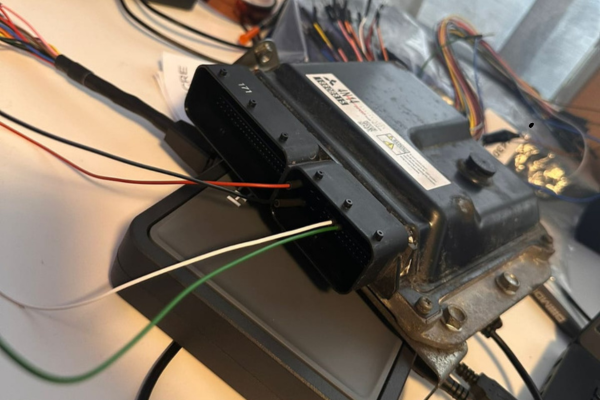
Stage 1, 2, 3
Stage 1, 2, 3 tuning refers to progressive levels of performance upgrades applied to a vehicle’s engine and supporting systems. Each stage represents a step up in power output, driving dynamics, and modification complexity.
Stage 1 tuning typically involves ECU remapping with no hardware changes.
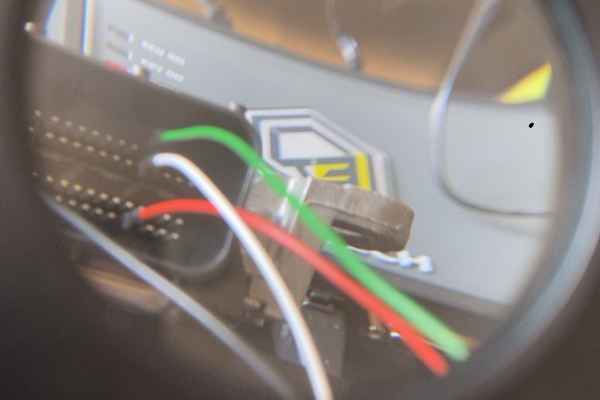
Economy Remaps
Economy Remaps (also known as fuel-saving remaps or eco-tunes) are a type of ECU tuning designed to optimize an engine’s performance for improved fuel efficiency rather than outright power gains. By adjusting parameters such as fuel injection timing, turbo boost, and throttle response, an economy remap helps the engine run more efficiently—particularly at lower RPMs and during steady-speed driving.
Ideal for daily drivers, commercial vehicles, and fleet operators, economy remaps can deliver fuel savings of 10-20%, depending on driving style and vehicle condition.

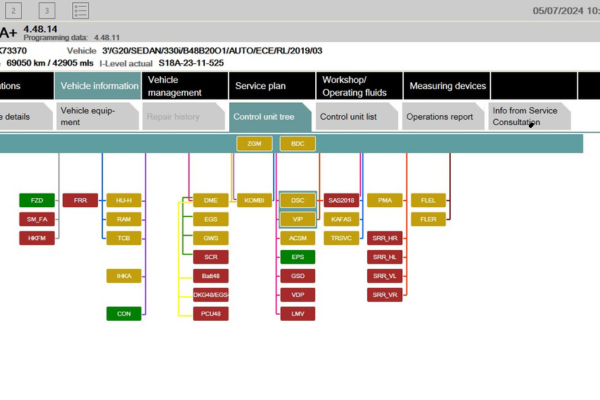
DTC (Diagnostic Trouble Code) Deletes
DTC (Diagnostic Trouble Code) Deletes involve the removal or suppression of specific fault codes stored by a vehicle’s Engine Control Unit (ECU) or other electronic modules. These codes triggered by sensors detecting abnormal operation are normally used to alert the driver via warning lights or limit vehicle performance to prevent damage.
In certain situations such as after removing or modifying emissions components (DPF, EGR, catalytic converters), installing aftermarket hardware, or performing custom tuning some codes

AdBlue Solutions
AdBlue Solutions refer to services and software modifications designed to manage or resolve issues related to a vehicle’s AdBlue (Diesel Exhaust Fluid, DEF) system. AdBlue is used in Selective Catalytic Reduction (SCR) systems to reduce harmful NOx emissions in modern diesel engines. While effective, AdBlue systems can sometimes lead to problems such as low fluid warnings, system faults, dosing errors, or “no-start” conditions if the system malfunctions.
AdBlue solutions can include software recalibration, system resets, disabling unwanted warnings, or in some cases, full deactivation of the SCR system (for off-road or export vehicles where legally permitted).

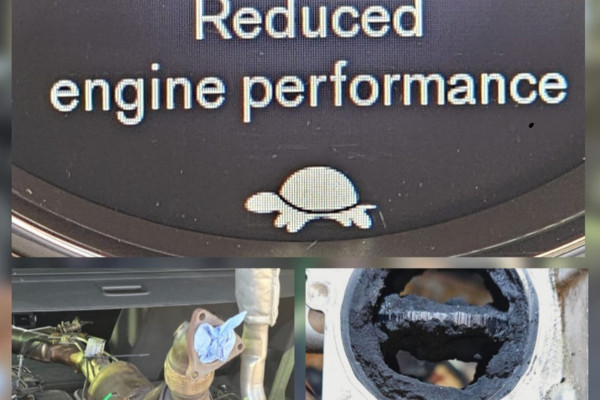
DPF / EGR Solutions
DPF (Diesel Particulate Filter) and EGR (Exhaust Gas Recirculation) Solutions are specialized services aimed at resolving problems related to these key emission control components.
The DPF traps harmful soot particles from diesel exhaust to reduce emissions, while the EGR system recirculates exhaust gases back into the engine to lower combustion temperatures and reduce NOx emissions. Over time, these systems can become clogged or fail, causing warning lights, reduced engine performance, poor fuel economy, and limp mode.
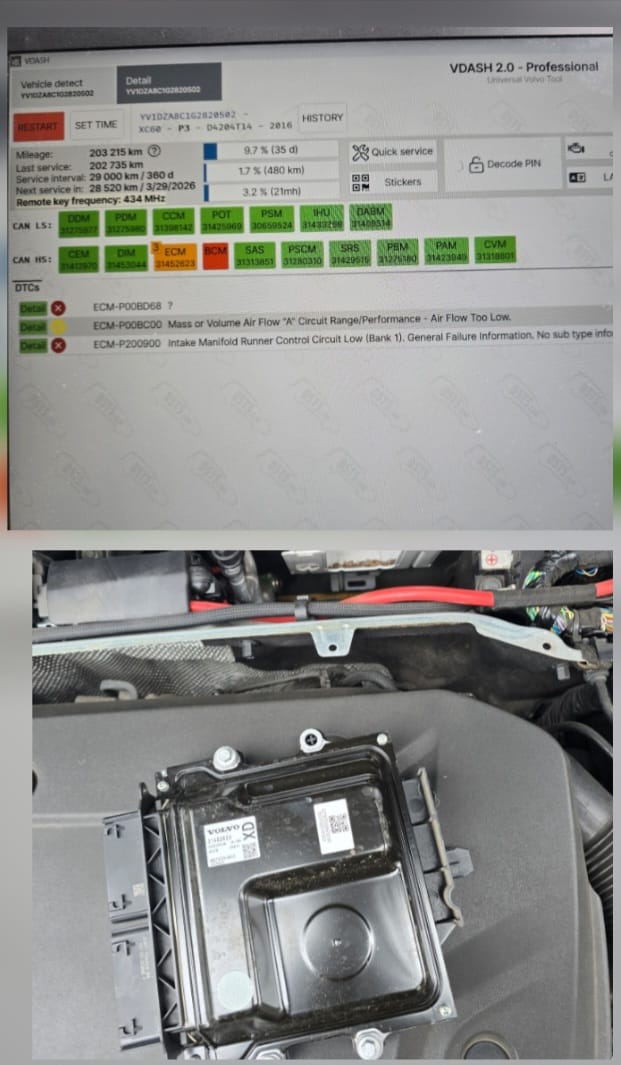
Swirl Flap Solutions
Swirl Flap Solutions address common issues related to swirl flaps—small valves located in the intake manifold of many modern diesel and petrol engines. These flaps improve airflow dynamics at lower engine speeds, boosting torque and fuel efficiency. However, over time, swirl flaps can suffer from carbon build-up, mechanical wear, or actuator failure, leading to poor performance, engine warning lights, increased emissions, or even severe engine damage if broken parts enter the combustion chamber.

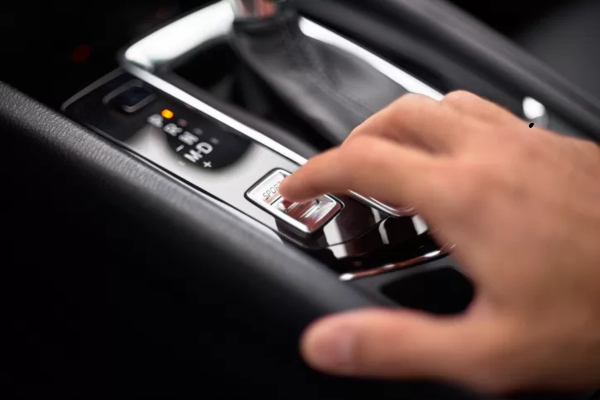
Launch Control
Launch Control is a performance feature found in many modern sports cars, performance vehicles, and even some high-end SUVs. It optimizes acceleration from a standing start by precisely managing engine RPM, clutch engagement, torque delivery, and traction control systems.
When activated, Launch Control allows the driver to hold the throttle wide open while the car’s computer automatically sets the optimal revs. Upon releasing the brake, the system carefully modulates power to minimize wheel spin and maximize grip—delivering consistent and rapid acceleration.
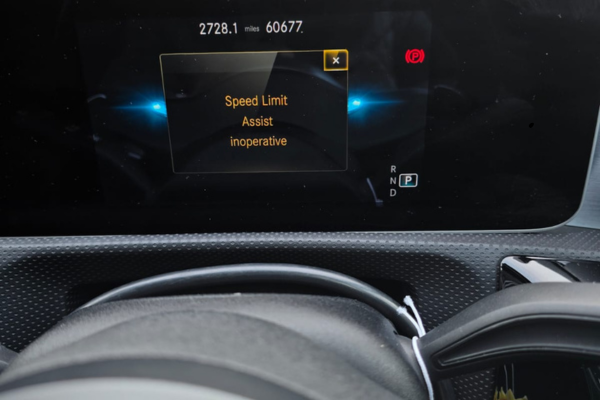
Speed Limiter Removal
Speed Limiter Removal is a tuning service that modifies a vehicle’s ECU to eliminate the factory-set top-speed restriction. Many vehicles—especially luxury cars, commercial vehicles, or fleet vehicles—come with a programmed speed limiter designed to comply with regulations, enhance safety, or reduce wear.
While useful for everyday use or company fleets, some drivers seek to unlock their car’s full potential—especially after performance upgrades or for use on unrestricted roads and track days.

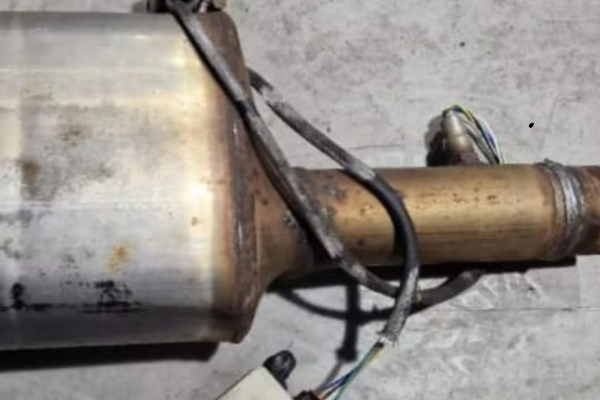
Lambda/O2 Sensor Removal
Lambda/O2 Sensor Removal (also known as Oxygen Sensor Delete) involves modifying the vehicle’s ECU to ignore signals from one or more oxygen sensors—typically after performance modifications or exhaust system changes.
Lambda (O2) sensors monitor exhaust gases to help the ECU maintain optimal air-fuel ratios and control emissions. When upgrading to decat pipes, sports exhausts, or performance headers, these sensors may trigger fault codes or check engine lights because the modified system no longer meets factory emissions profiles.
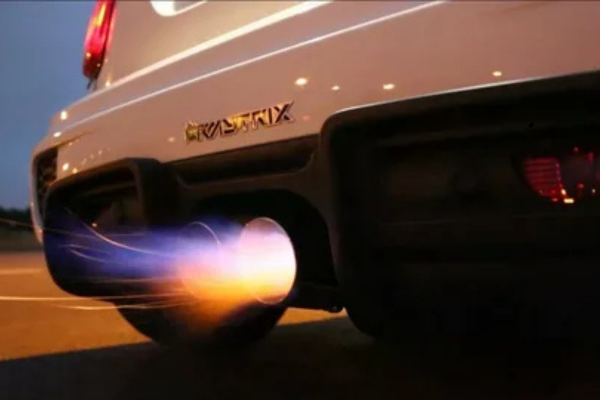
Pops & Bangs
Pops & Bangs tuning (also known as crackle map or overrun tuning) is a popular ECU modification that creates an exciting and aggressive exhaust sound during deceleration. By adjusting the fuel and ignition maps, the tuner allows small amounts of unburnt fuel to ignite in the exhaust system when the driver lifts off the throttle—producing the signature “popping” and “banging” sounds.
This tuning is favored by enthusiasts looking to enhance the drama, character, and sporty feel of their vehicle, especially on cars with performance exhaust systems.

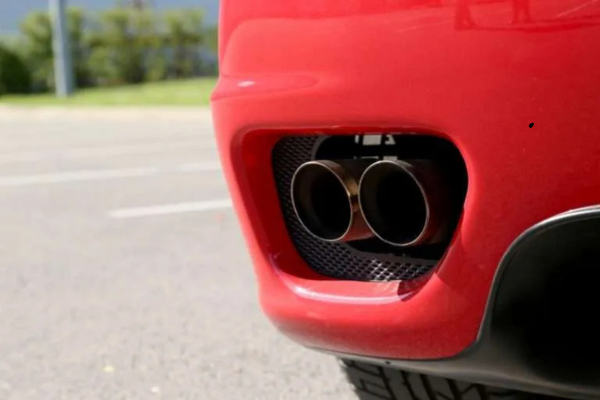
Popcorn / Hard Limiter
Popcorn Limiter or Hard Cut Limiter is a performance tuning feature that modifies how the engine behaves at maximum RPM (revolutions per minute). In most factory cars, a soft limiter gradually reduces fuel or spark as the engine approaches redline, resulting in a smooth, controlled drop-off in power.
A Hard Cut Limiter replaces this with an aggressive fuel or ignition cut-off at the set RPM, causing the engine to hit a “wall” at redline—producing a rapid “pop-pop-pop” sound, often compared to the popping of popcorn.
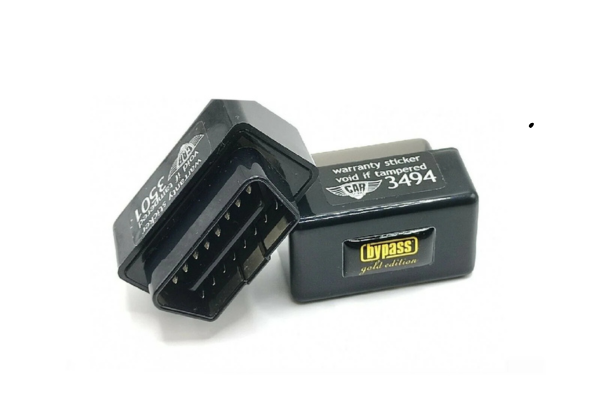
Immo Off (Immobiliser Deactivation)
Immo Off (Immobiliser Deactivation) is a specialized tuning service that disables a vehicle’s factory immobiliser system. The immobiliser is an anti-theft feature built into the ECU that prevents the engine from starting without the correct transponder key or signal.
In cases where ECUs are replaced, keys are lost, or immobiliser systems become faulty, Immo Off can be used to allow the engine to start without requiring immobiliser authorization. This is especially helpful for motorsport applications, off-road vehicles, imports/exports, or classic car restorations where key reprogramming isn’t practical.
